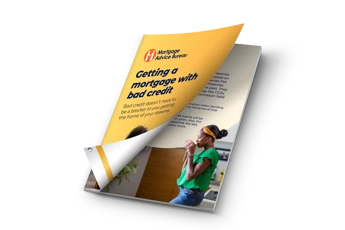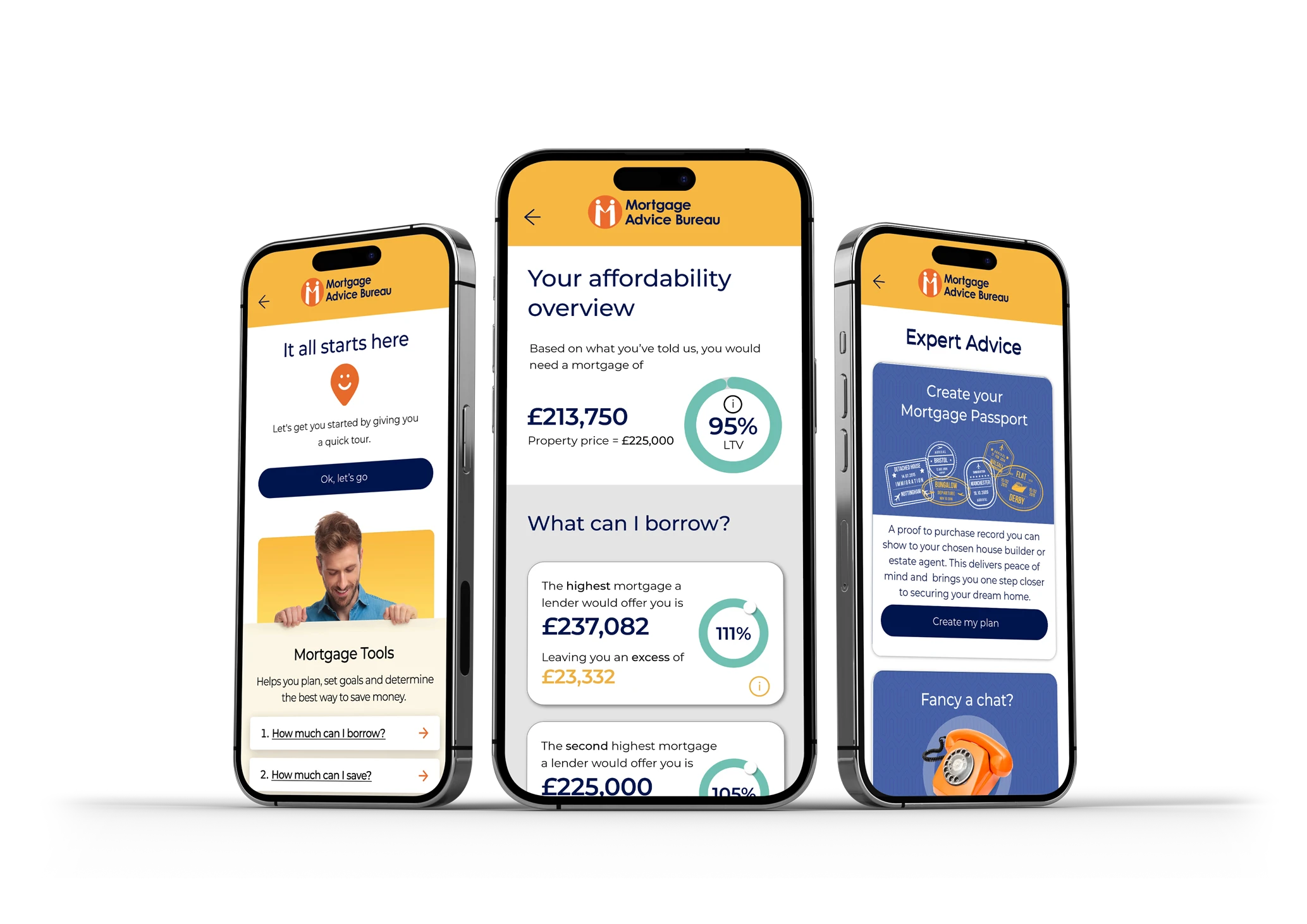What’s involved in getting a mortgage?
Applying for a mortgage means borrowing money from a lender to buy a house, and it’s something most people have to do. A lender will review your finances, check your affordability, and assess your credit score. They will also consider your deposit, as well as where it’s come from.
Here are four things to consider before you apply for a mortgage...
1. Paperwork and documentation
When applying, you’ll be asked to provide documents that verify your income, assets, and creditworthiness. These are some of the most common:
-
Proof of income
-
Employment verification
-
Bank statements
-
Debt information
-
Identification
2. How much you can borrow
Lenders use mortgage affordability assessments to determine how much money they are willing to lend to you. This is based on your financial situation and considers your income, expenses, and credit report. Key factors they will look at include:
-
Income
-
Expenses
-
Credit history
-
Employment history
-
Debt-to-income ratio
Using these and other details, lenders will work out how much you can afford and what your monthly repayments would look like.
3. Deposit
Your deposit is a crucial part of home buying, and the amount needed varies based on the type of mortgage and the lender’s requirements. For first time buyers with a small deposit, lenders may offer a mortgage with a higher loan-to-value (LTV) ratio.
Alternatively, some buyers may turn to a mortgage guarantor, who is someone who agrees to pay your mortgage if you cannot. You may even have family who are willing to help you with a gifted deposit, and it’s no myth that the bank of mum and dad are the UK’s 9th biggest lender.
4. Who can get a mortgage?
Anyone who meets the lender’s eligibility criteria and can afford the monthly repayments can get a mortgage. Different types of mortgages may suit different people, depending on their specific needs. Adding someone to a mortgage (such as a spouse or partner) is also an option, but it’s important to consider the implications that come with joint ownership.
Consulting a mortgage adviser is always recommended when starting the home buying process.
Tools and calculators
How much you can borrow
This quick and simple calculator is a good place to start as it'll give you an idea on how much you could borrow.
What mortgage can you get
We’ll search through a pool of over 50 lenders to find an estimate of your mortgage affordability.
Compare mortgage deals
Check the repayments and interest rates on thousands of actual mortgage products.
Important information
Your home may be repossessed if you do not keep up repayments on your mortgage.
There may be a fee for mortgage advice. The fee is up to 1% but a typical fee is 0.3% of the amount borrowed.
Can I use incentive schemes to help?
Government backed incentive schemes can be helpful for first time buyers if they want to get mortgage ready quicker. The First Homes scheme is worth considering for those buying a new build as a first time buyer or key worker.
What mortgage type is best for me?
Choosing a mortgage that best suits your circumstances will depend on your financial situation and long-term goals. These are some of the most common types:
-
Fixed-rate mortgages
-
Standard variable rate mortgages
-
Tracker mortgages
-
Interest-only mortgages
- Offset mortgages
Does my credit score impact my application?
Credit scores have a significant impact on a mortgage application, as they’re one of the key factors a lender will consider during your application. As it’s based on your credit history and financial situation, it will affect the interest rate you’re offered.
A good credit score can help you get approved for a mortgage with a lower interest rate, but it is possible to get a mortgage with a bad credit score.
What protection is right for me?
Protecting yourself, your family, and your assets is vital when you own a home. When applying for a mortgage, your lender will ask that you have buildings insurance, as this covers the cost of your home should anything happen. We also recommend taking out life insurance.

Getting a mortgage further reading:
What's the best way to apply for a mortgage?
Getting a mortgage can be a complex and time-consuming process, but working with a mortgage broker can make it easier and more efficient as they can provide you with personalised advice and guidance based on your unique financial situation and goals.
What happens if my application is denied?
Having an application denied can be frustrating and disappointing, but it’s important to acknowledge what played into the decision. Understanding this can help you improve your chances of approval in the future. Here are a few things you can do if your application is declined:
-
Ask the lender for feedback and address any issues
-
Look at other options like alternative mortgages and other lenders
-
Work to improve your credit
-
Seek guidance from a professional
Ultimately, whether you’re buying for the first time or not, working with someone who knows the ins and outs of the housing market can be a massive asset in your home buying journey.
Get in touch with one of our expert advisers today and let us help you get a mortgage that is going to suit your personal circumstances.
Speak to an expert mortgage adviser
Related articles
What is a bad credit score?
Cut through the noise by understanding how different credit bureaus break down bad credit scores.
Getting a mortgage with bad credit
A credit score is a measure of your financial health. We’ve pulled together a handy guide to help you improve your credit score to strengthen your chances when you sit down with an adviser.
Don’t be haunted by your credit score: exorcising mortgage myths
Rachel Geddes, Strategic Lender Relationship Director, debunks some of the top myths associated with credit scores and getting a mortgage - some of which you may find surprising!
No posts currently available
Ready to speak to an adviser?
Request a callback
 Reviewed by: Danny Belton - Head of Lending
Reviewed by: Danny Belton - Head of Lending







